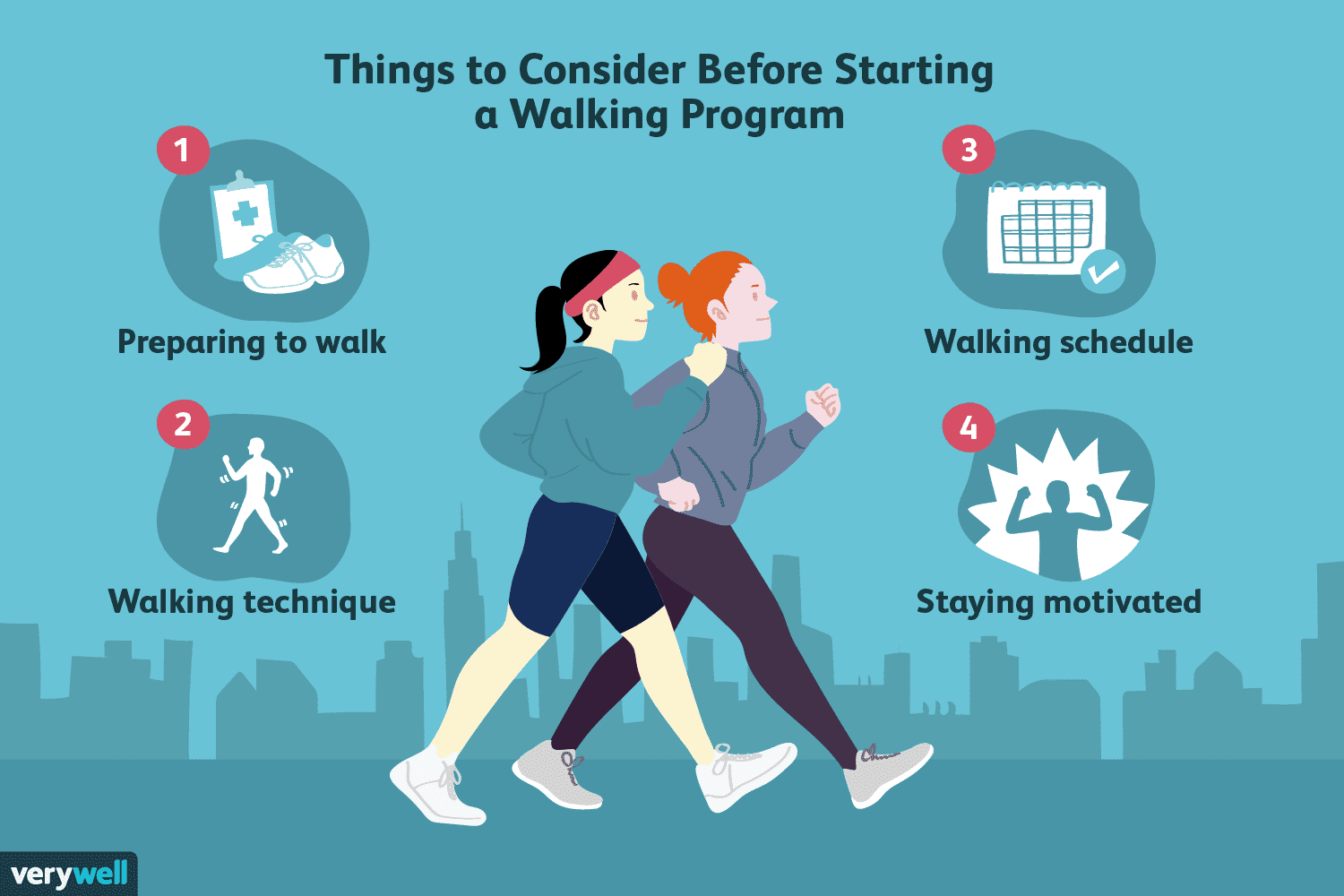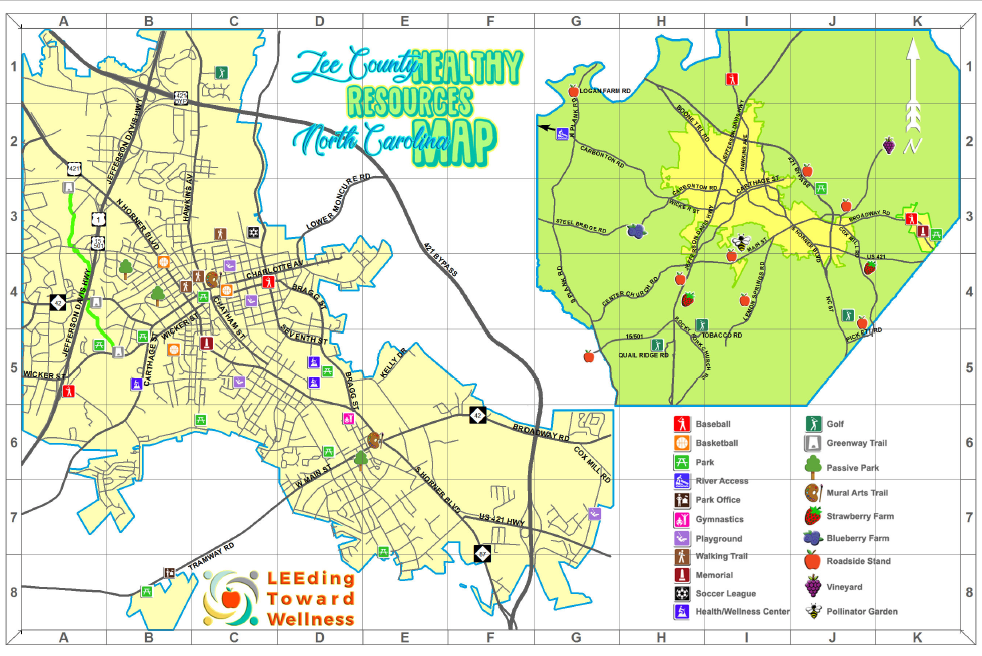School Health Advisory Councils
A SHAC is a group of individuals representing segments of the community, appointed by the school district to serve at the district level, to provide advice to the district on coordinated school health programming and its impact on student health and learning. The SHAC will assist the district in ensuring that local community values are reflected in the district's health education instruction.
SHACs provide an efficient, effective structure for recommending age-appropriate, sequential health education programs, and early intervention and prevention strategies that can easily be supported by local families and community stakeholders.
Chair
Executive Director of Student Services:
Dr. Lisa Duffey, Ed.D
106 Gordon St.
Sanford, NC 27330
919-774-6226 Ext. 7215
Committee Members:
Angel Mills
Amanda Cagle
Laurie Perez
Anne Sessoms
Hannah Eye
Alaina Worley
Eric Davidson
Charlette Bowling
Brenda Phillips
Cody Peterson
Cindy Kelly
Sharron Williams
Jessica Haithcox
Lisa Duffey
Johnnie Butterfield
Angie Stone
Juleee Delellis
Kristi Arey
Silvia Huffer
Tomitha Zimmerman
Tracy Smith
Brittani Garner
SHAC meeting will be held on the following dates:
September 21, 2023
February 6, 2024
April 8, 2024
May 30, 2024
Several of our Lee County Schools participated in the WellSAT. This is a school health assessment tool which allows the SHAC to evaluate how well we are meeting the nutritional and physical education needs of our students and staff. The data from the WellSAT will be utilized by SHAC to review Student Wellness Policy 4540. Please see the graph below for the district's initial score card.
The Tobacco Prevention and Control Branch, N.C. Chronic Disease and Injury Section, has issued new materials to educate health care providers, school leaders, parents and other care givers and the public on the pressing issue of young people’s use of electronic cigarettes and similar nicotine delivery devices. Click here for more information.
The Whole School, Whole Community, Whole Child Model
The Whole School, Whole Community, Whole Child (WSCC) model is an expansion and update of the Coordinated School Health (CSH) approach. The WSCC incorporates the components of CSH and the tenets of the ASCD's whole child approach to strengthen a unified and collaborative approach to learning and health.
The WSCC model focuses its attention on the child, emphasizes a school-wide approach and acknowledges learning, health and the school as being a part and reflection of the local community.
WSCC: The Model
Schools, health agencies, parents and communities share a common goal of supporting the health and academic achievement of adolescents. Research shows that the health of students is linked to their academic achievement. By working together, the various sectors can ensure that every young person in every school in every community is health, safe, engaged, supported and challenged.
The WSCC model accomplishes a number of important objectives:
It combines the "Whole Child" model from ASCD with the CSH approach used by many in the adolescent and school health field.
It emphasizes the relationship between educational attainment and health by putting the child at the center of a system designated to support both.
It provides an update to the CSH approach to better align with the way schools function.
Tips for increasing physical activity
Make physical activity a regular part of the day
Choose activities that you enjoy and can do regularly. Fitting activity into a daily routine can be easy — such as taking a brisk 10 minute walk to and from the parking lot, bus stop, or subway station. Or, join an exercise class. Keep it interesting by trying something different on alternate days. Every little bit adds up and doing something is better than doing nothing.
Make sure to do at least 10 minutes of activity at a time, shorter bursts of activity will not have the same health benefits. For example, walking the dog for 10 minutes before and after work or adding a 10 minute walk at lunchtime can add to your weekly goal. Mix it up. Swim, take a yoga class, garden or lift weights. To be ready anytime, keep some comfortable clothes and a pair of walking or running shoes in the car and at the office.

Healthy Resources in Lee County
Needing to know where to find healthy resources? The N.C. Cooperative Extension | Lee County Center has provided a map for all of Lee County! Check it out below, and find more information on the extension's webiste.

How to Lose Weight Without Going on a Diet
Click the link above to view VeryWell's article on losing weight without dieting — "contrary to popular belief, it is possible to lose weight without going on a diet. Making these 10 simple changes to your daily routine can help you avoid diet fails and develop nutritious, sustainable eating habits."
